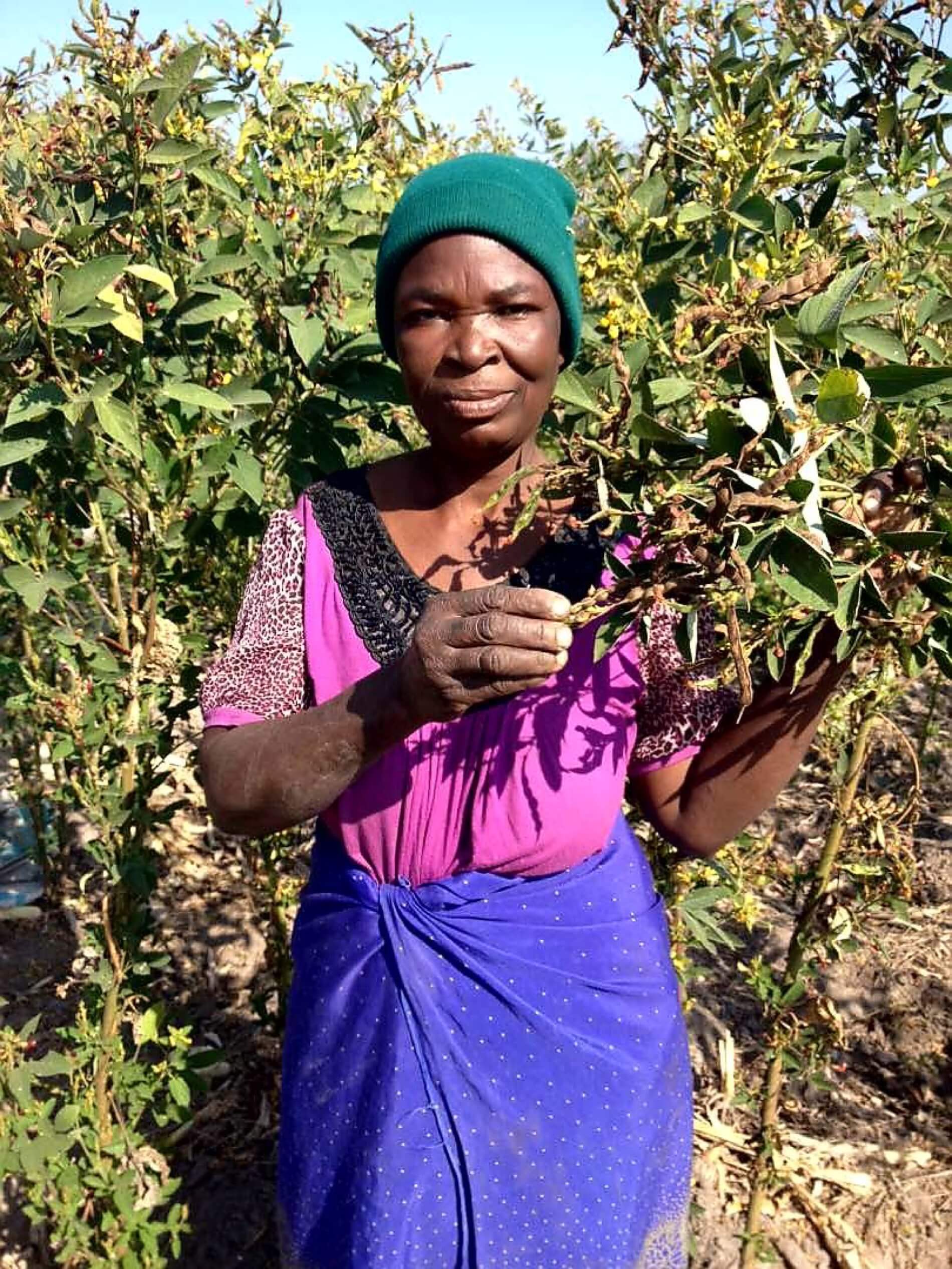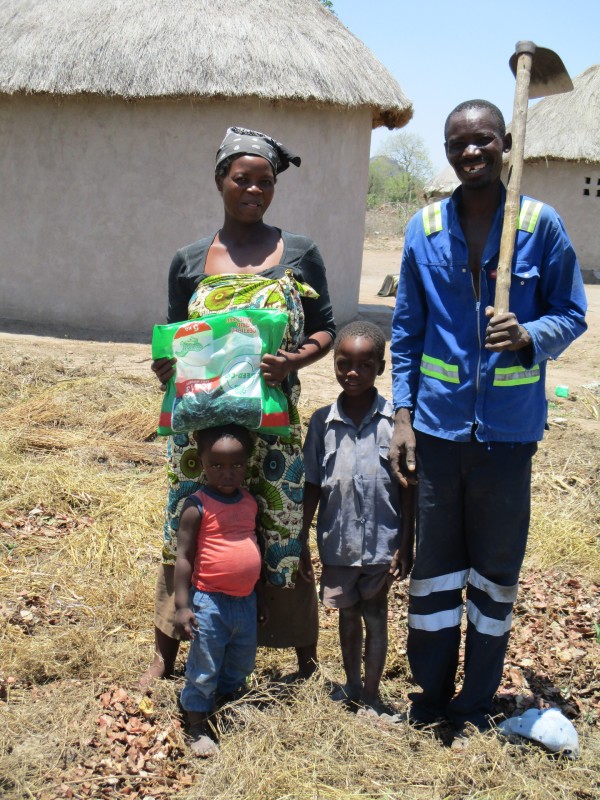Food Security
Score Against Poverty runs conservation agriculture projects aimed at increasing food security in Mwenezi. According to our recent survey of the community, 90 percent of households eat just one meal a day due to lack of food. Many have been forced to migrate or sell off productive assets in order to cover their immediate nutritional needs.
We are currently promoting conservation agriculture practices with support from the Manitoba Council for International Cooperation, Canada. We are also implementing an on-farm cereal legume experiment with support from the University of Manitoba, Canada. These experiments will help farmers learn and evaluate the performance and impacts of pigeon pea, lab lab, cowpea and groundnuts on maize yields and also their contribution as green manure and cover crops.
Cowpeas, pigeon pea and lab lab are all new crops to Mwenezi district, where mono-culture with maize has been the common practice. In all our projects, we build the capacity of farmers to be the agents of change through our lead farmer approach. Farmers champion the provision of extension services in their community and to date, we have trained 50 community based lead farmers.
With these two projects, we hope to restore soil fertility, sustainably increase crop production, improve the availability of mulches and fodder, and diversify production. This will mitigate the impact of climate change through soil and moisture conservation, spreading on-farm risk, agroforestry, and maintaining and creating carbon sinks through minimum soil disturbance.
The project is currently reaching 300 farmers in Mwenezi and 120 farmers in Lupane. By the end of three years, we expect to have reached over 2,000 farmers.


